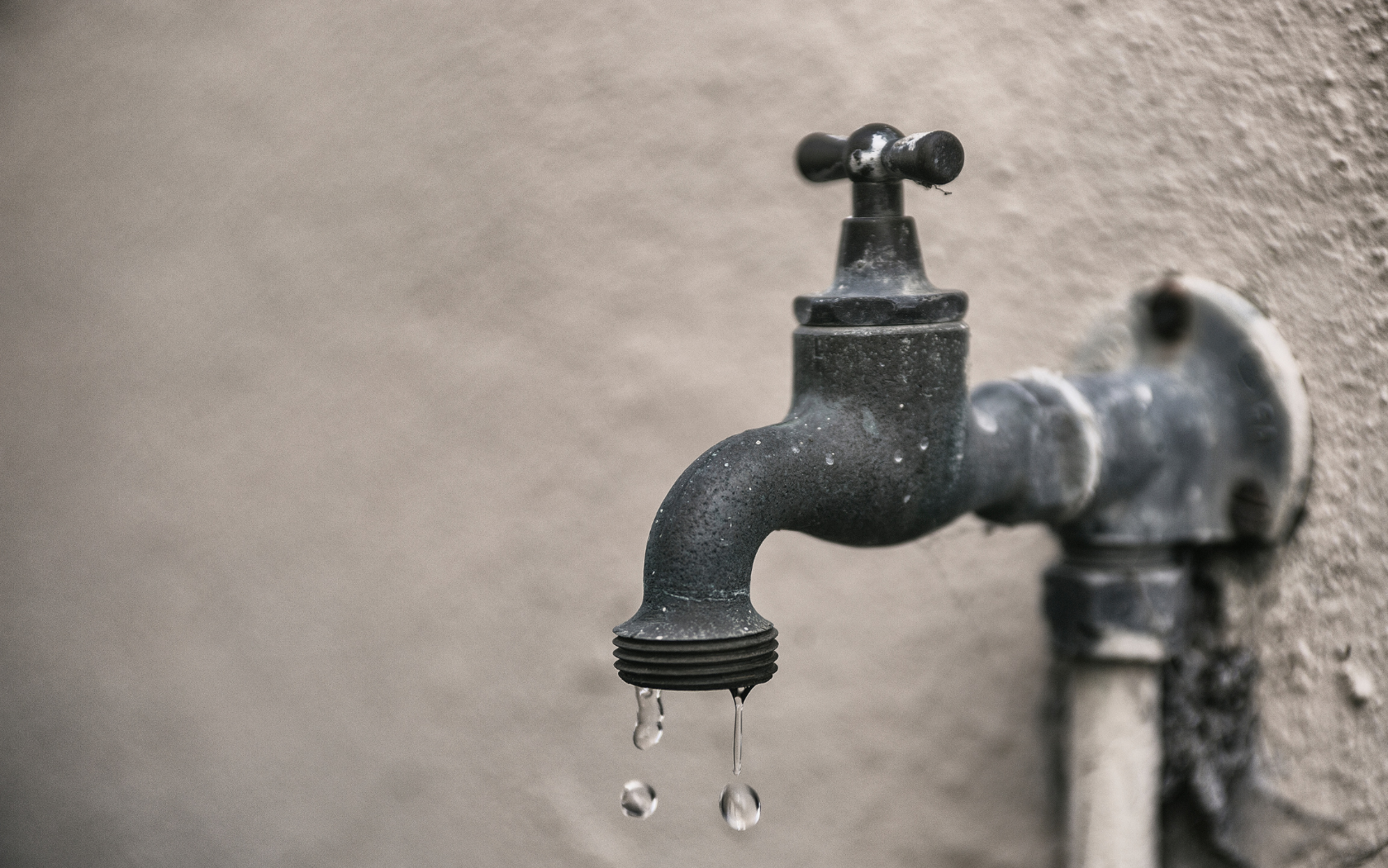
- Details
- By Native News Online Staff
The Department of the Interior and Indian Health Service are partnering to develop safe drinking water and improve community sanitation across Indian Country, the agencies announced this week.
Through a memorandum of Understanding, the agencies will collaborate to complete studies, and plan and design domestic water infrastructure projects in tribal communities.
“At the Interior Department, we know that having modern water infrastructure is not only crucial to the health of our kids and families – it's also important for economic opportunity, job creation and responding to the intensifying effects of climate change,” said Michael Brain, Principal Deputy Assistant Secretary for Water and Science, in a statement. “Through this new agreement, and historic resources from President Biden’s Investing in America agenda, we are taking a significant stride towards ensuring essential water and sanitation infrastructure throughout Indian Country.”
One pilot project might be on the Yakama Reservation in Washington State, according to the DOI. After an IHS engineering investigation confirmed high levels of arsenic in the water system of the small community of Georgeville, the Yakama Nation and IHS agreed to construct a treatment system to remove arsenic from the water supply using federal funding. The MOU allows the Bureau of Reclamation to provide technical support for this project.
“Having access to safe and reliable water systems is an essential matter of public health,” said Indian Health Service Director Roselyn Tso in a statement. “Unfortunately, far too many Native American communities are still awaiting these basic services. This agreement with the Bureau of Reclamation will accelerate completion of these critical projects and reduce barriers for our tribal nations to partner with our agencies.”
More Stories Like This
Gwich'in Tribal Governments Submit Comments Challenging Fish and Wildlife Service's Inadequate Environmental Review of Arctic Refuge Snow RoadRappahannock Tribe Challenges 9M-Gallon Water Plan
Feds release draft long-term plans for Colorado River management
Apache Leader Walks 60 Miles to Court Hearing That Will Decide Fate of Sacred Oak Flat
Rappahannock Tribe Raises Sovereignty and Environmental Concerns Over Caroline County Water Permit
Help us defend tribal sovereignty.
At Native News Online, our mission is rooted in telling the stories that strengthen sovereignty and uplift Indigenous voices — not just at year’s end, but every single day.
Because of your generosity last year, we were able to keep our reporters on the ground in tribal communities, at national gatherings and in the halls of Congress — covering the issues that matter most to Indian Country: sovereignty, culture, education, health and economic opportunity.
That support sustained us through a tough year in 2025. Now, as we look to the year ahead, we need your help right now to ensure warrior journalism remains strong — reporting that defends tribal sovereignty, amplifies Native truth, and holds power accountable.
 The stakes couldn't be higher. Your support keeps Native voices heard, Native stories told and Native sovereignty defended.
The stakes couldn't be higher. Your support keeps Native voices heard, Native stories told and Native sovereignty defended.
Stand with Warrior Journalism today.
Levi Rickert (Potawatomi), Editor & Publisher


